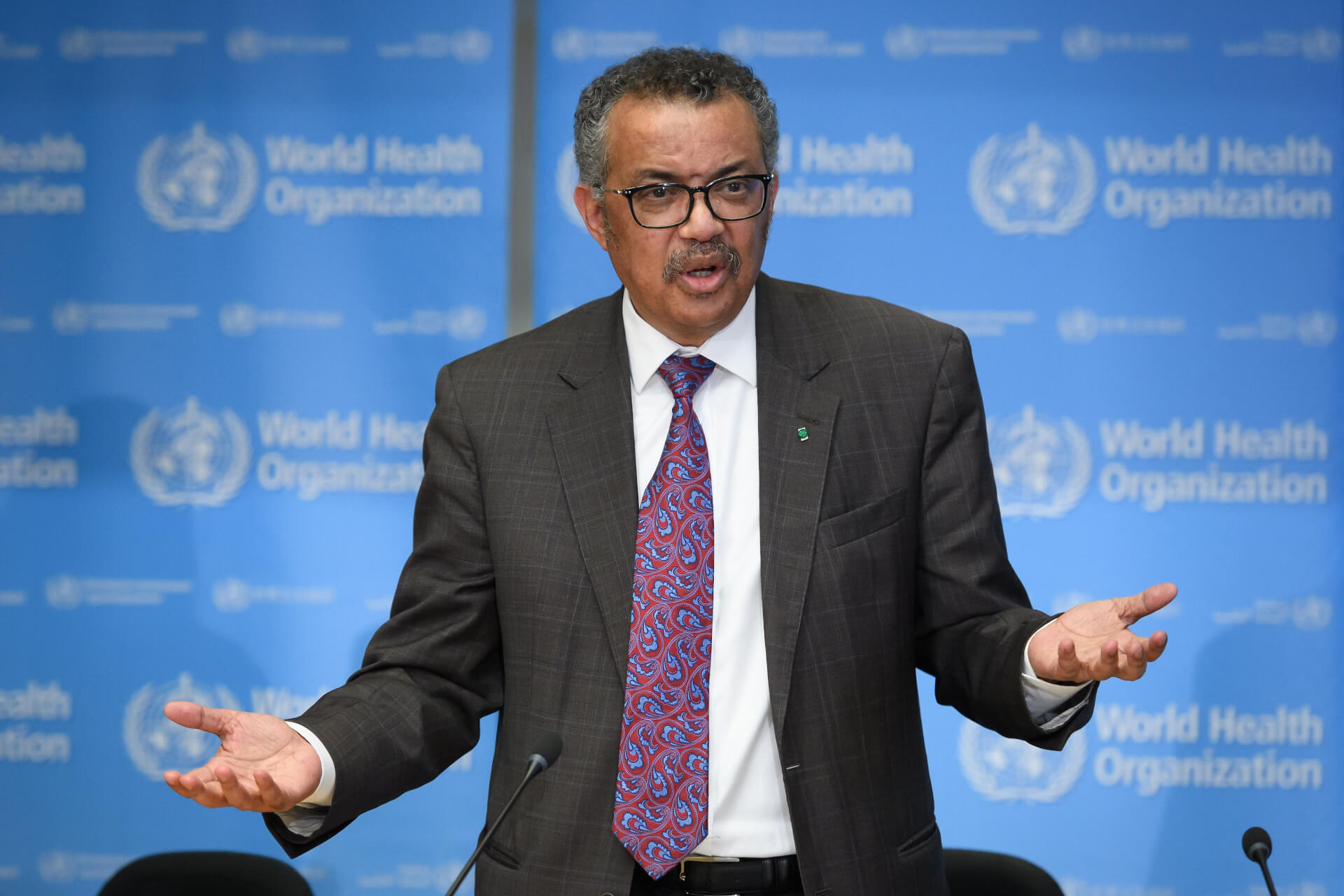The Director-General of the World Health Organisation (WHO), Tedros Adhanom Ghebreyesus, called upon members of the organisation to work towards a pandemic treaty. He argued that the global response to the COVID-19 pandemic, which resulted in several healthcare facilities of even the richest nations crumbling, had made clear the need for such an agreement.
Speaking at the World Health Assembly in Geneva, he said: “This is an idea whose time has come”. He highlighted the several issues that bubbled up during the COVID-19 pandemic, including obstructions in data, technology, and resource sharing. He said that a pandemic treaty would not only help bring an end to the current pandemic but would also help prevent the next one. To date, he added, the world continues to be at the brunt of “the same vulnerabilities that allowed a small outbreak to become a global pandemic.” Such a treaty, he said, would be “designed and owned” by all the member states of the WHO.
In March, around 24 leaders, including the premiers of the United Kingdom, Germany, and Kenya, had extended their support for a multilateral treaty or framework to universalise pandemic response. This, the leaders said in a letter, would “dispel the temptations of isolationism and nationalism” in future pandemics. However, the call did not attract the support of several influential countries including the United States (US), China, and Russia. Nevertheless, during the World Health Assembly meeting, over 30 countries, along with all the members of the European Union and the US, agreed to hold a special session to discuss such a treaty. Consequently, the ministers of the WHO members will be convening on November 29 to launch negotiations on the treaty.
Tedros also welcomed recommendations for strengthening the WHO. To achieve this, he said that a pandemic treaty was critical, as it would also enhance the accountability of local governments. He said that the only way governments “can only truly keep their own people safe if they are accountable to each other at the global level.” Moreover, Mike Ryan, the WHO’s emergencies director, added: “At present, pathogens have greater power than WHO. They are emerging more frequently in a planet out of balance. They exploit our interconnectedness and expose our inequities and divisions… The safety of the world’s people cannot rely solely on the goodwill of governments.”
Recently, the WHO has been facing criticism from several international actors over its functioning and performance, specifically following the onset of the COVID-19 outbreak. The most vocal critic of the international organisation was former US President Donald Trump. Last year, in July, the US formally notified the WHO that it would be withdrawing from the premier health institution due to Trump’s concerns about its bias towards China. Trump announced his intention to “terminate the US’ relationship” with the UN agency in May, citing the WHO’s resistance and failure to making the “greatly needed reforms” that were requested by the US. European countries have also expressed the need for reforming the WHO. For instance, the UK has advocated for changes in the WHO to “ensure it remains flexible and responsive”, a cause which has also been supported by Italy.
The COVID-19 pandemic has laid bare the vulnerabilities of global healthcare systems. While some countries, like New Zealand, performed well in their pandemic response, others, including the US, France, and Italy, saw their healthcare systems crumbling. The pandemic also showed a rise in nationalism in terms of vaccines and other medical equipment, with several countries imposing bans on the export of material critical to fighting the pandemic. This resulted in the pandemic response efforts being further hampered. Hence, a pandemic treaty could result in a global and uniform response to similar crises in the future.
WHO Chief Tedros Calls for Pandemic Treaty
During the WHO's annual ministerial assembly, Director-General Tedros Adhanom Ghebreyesus called for a treaty to enhance pandemic preparedness.
June 1, 2021

SOURCE: FORTUNE
